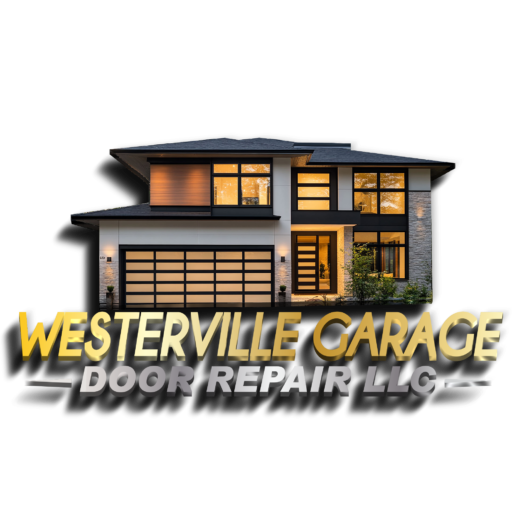Is Your Garage Door Too Loud? Here’s What to Do
- COMMERCIAL GARAGE DOOR REPAIR
- GARAGE DOOR OPENER INSTALLATION
- GARAGE DOOR SPRING REPAIR
- SAME-DAY GARAGE DOOR REPAIR
- CUSTOM GARAGE DOOR
- GARAGE DOOR OPENER REPAIR
- GARAGE DOOR TRACK REPAIR
- GARAGE DOOR CABLE REPAIR
- GARAGE DOOR PANEL REPAIR
- LOCAL GARAGE DOOR REPAIR
- GARAGE DOOR REPLACEMENT
- NOISY GARAGE DOOR FIX
- GATE REPAIR
- GARAGE DOOR INSTALLATION
- GARAGE DOOR SECTION REPLACEMENT
- OVERHEAD GARAGE DOOR REPAIR

Is Your Garage Door Too Loud? Here’s What to Do
Does your noisy garage door wake up the entire neighborhood every time you open it? A loud garage door isn’t just annoying; it could be a sign of underlying issues. Don’t worry though—with a few simple fixes, you can restore peace and quiet to your home. This blog will guide you through common reasons your garage door makes noise and how to stop it.
Why Is My Garage Door So Noisy?
A noisy garage door can be caused by several factors. Recognizing the source of the problem is the first step toward fixing it. Here are common culprits:
- Lack of lubrication: Over time, parts like hinges, rollers, and springs can dry out and start to squeak or grind.
- Worn-out rollers: Old or damaged rollers often cause rattling or clunky sounds as the door moves along the tracks.
- Loose hardware: Screws, bolts, or other components can loosen over time, leading to vibrations and noise.
- Faulty garage door opener: Sometimes the motor itself or its gears may be old and noisy.
Now that you know why your garage door might be acting up, here’s what you can do about it.
Quick Fixes for a Noisy Garage Door
1. Lubricate Moving Parts
The easiest and most effective way to silence a noisy garage door is by applying lubricant to its moving parts. Use a high-quality garage door lubricant and spray it on the hinges, rollers, springs, and tracks. Avoid using WD-40, as it’s a cleaner, not a lubricant.
2. Tighten Hardware
Over time, your garage door’s hardware can loosen with regular use, causing vibrations and loud noises. Grab a wrench and screwdriver to tighten screws, bolts, and nuts, especially on the tracks, hinges, and brackets. Be careful not to overtighten, as this can damage some components.
3. Replace Worn-Out Rollers
Check the condition of your garage door rollers. If they look cracked, chipped, or worn, it’s time to replace them. Opt for nylon rollers instead of metal ones, as they’re much quieter and smoother. A professional can help replace rollers safely and efficiently.
4. Inspect the Garage Door Opener
If your garage door opener sounds like it’s grinding or straining, it might be worth upgrading to a quieter model. Modern openers, such as belt-drive or screw-drive options, are designed to operate more silently than older chain-drive models.
Call a Professional If Needed
If your garage door is still noisy after trying the steps above, it’s time to call in a professional. There might be more significant issues, like misaligned tracks or damaged springs, that require expert attention.
Bring the Quiet Back to Your Garage Today
Silencing your garage door doesn’t have to be complicated. By lubricating parts, tightening hardware, replacing rollers, or upgrading your opener, you can eliminate unwanted noise. And if all else fails, Westerville Garage Door Repair has qualified technicians ready to make sure your garage door is back in perfect shape.
Say goodbye to your noisy garage door! Start with these tips today for a smoother, quieter operation.
